Argh. That’s it. I’m tired of swearing. Last week, I got into a Cupra Ateca, the ‘SUV with the heart of a sports car’.
I gave it the benefit of the doubt but, reader, it turns out I dislike this car. Within 200m, I had sworn about its ride quality. Within two miles, I’d had to shout over the road noise. And 70 miles of testing later, with a drive to Oxford and then Birmingham and back still to cover, I was contemplating parking it and taking my family’s 15-year-old, 110,000-mile Seat Ibiza instead.
Then I remembered that the Ateca has adaptive dampers, which would perhaps round the edge off the worst aspects of the ride, if only I’d have thought to put them in Comfort mode.
But, of course, they’d been in Comfort mode all along. It’s a car that takes a question nobody asked, and fails to answer it.
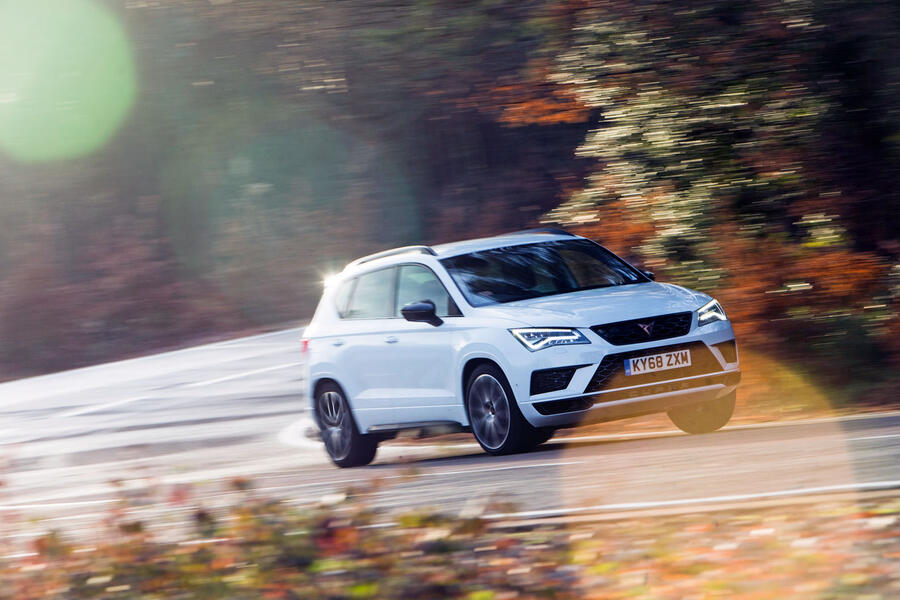
The next day, even though I had become reasonably tolerant of it and found its power and straightforward infotainment system not unenjoyable, I was happy to be swapping into a Honda Civic Type R for testing. Until I quickly realised its ride is even worse, and swore some more.
How did sporting cars get here? What is it that’s remotely enjoyable about routinely cringing every time you see a section of broken asphalt and wincing or out-loud exclaiming words that would make your parents blush if you fail to steer around a pothole? Where is the fun in that?
Then, later that day I got out of the Honda Civic and climbed into a 20-year-old Honda Integra Type R, a car that, at the time of its launch, was considered to be quite brittle.
Today, it’s barely anything of the sort. Of course, it’s firm and well controlled (and a bit creaky like most two-decade-old cars) but, I suspect thanks to a sub-1200kg kerb weight that doesn’t need a lot of tying down, and modest 195-section tyres with 55-profile sidewalls, this is a car – the stripped-out, race-derived coupé, remember – that has more compliance than the supposedly more rounded Ateca or Civic.

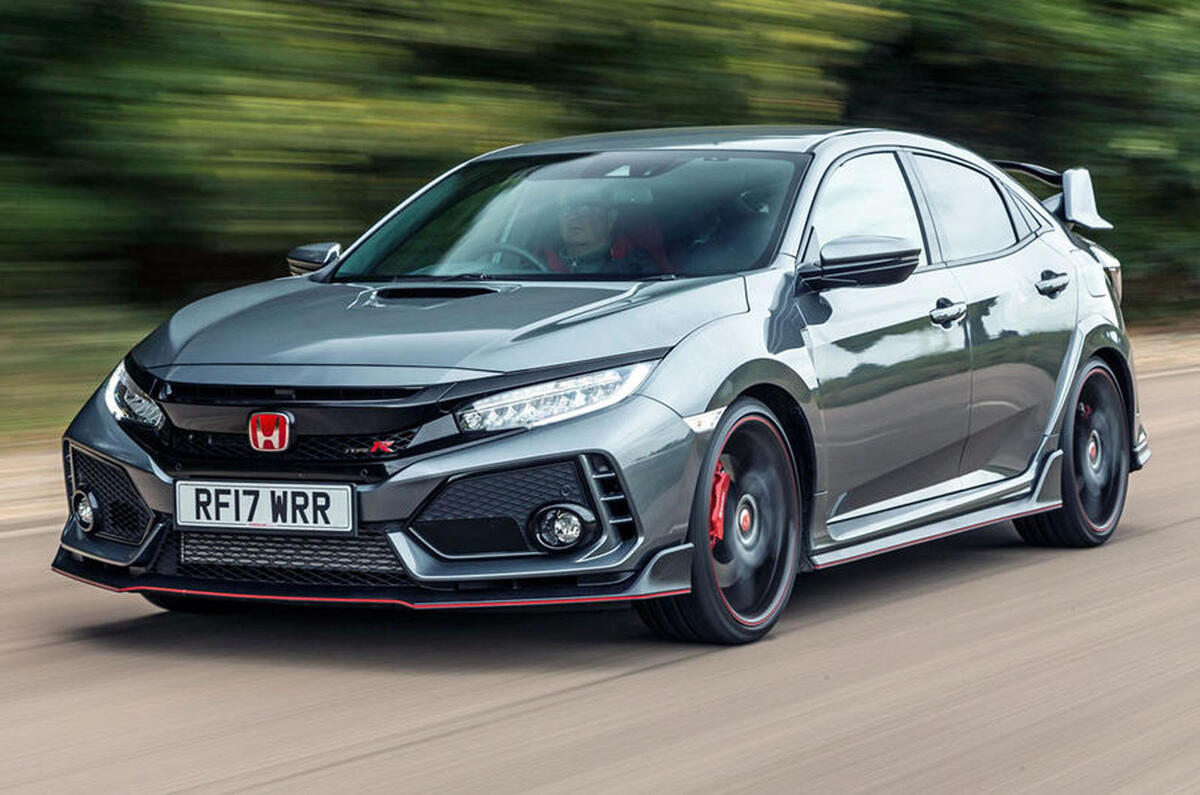
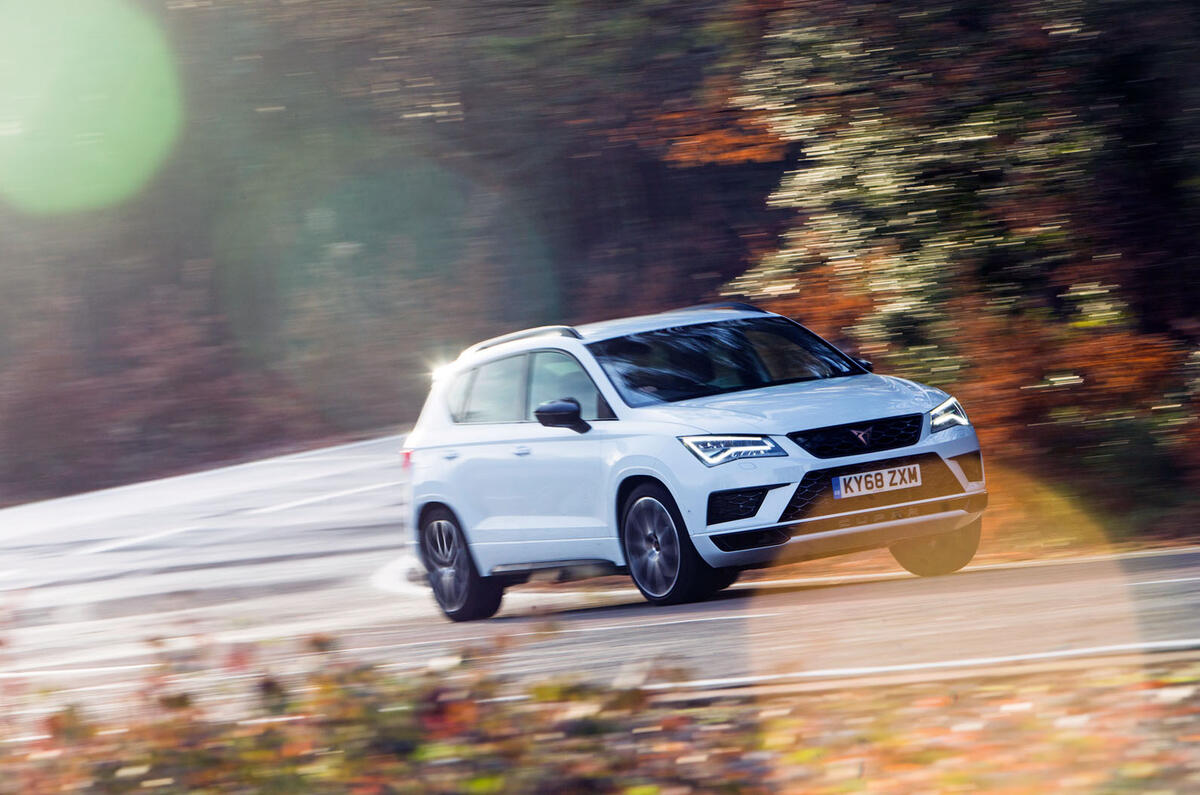
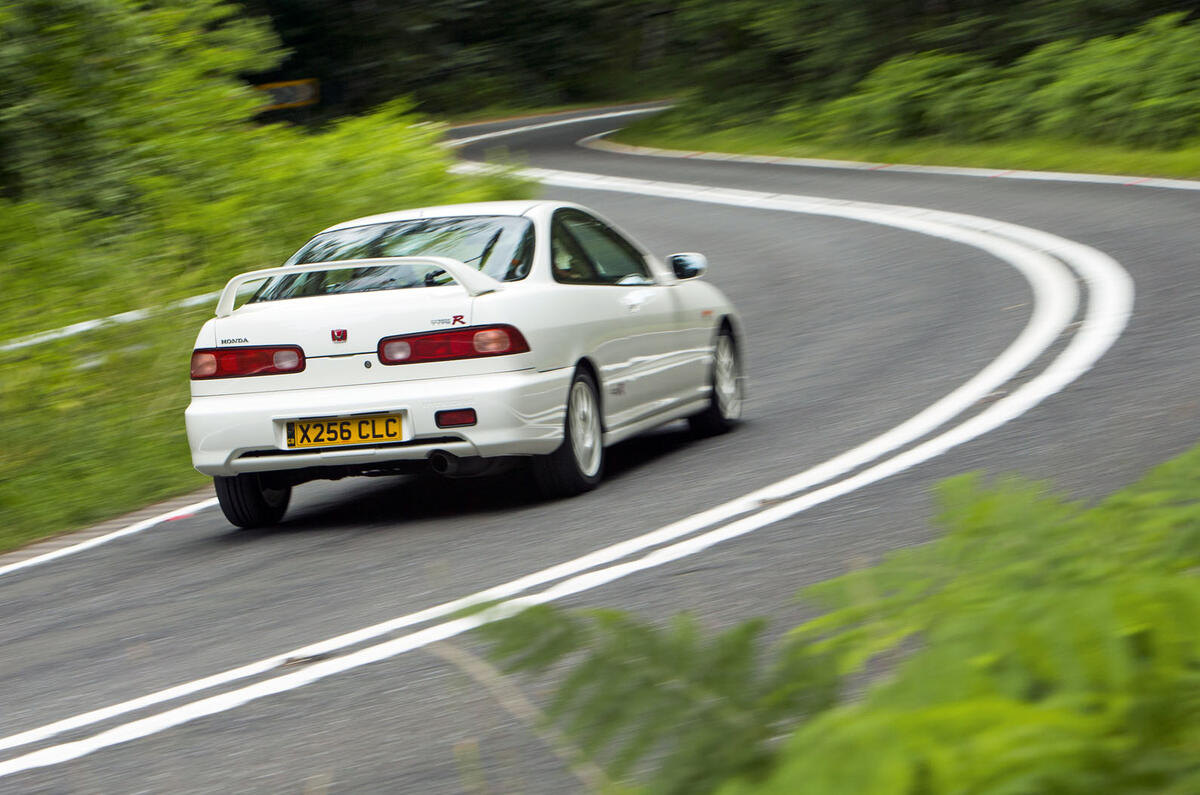

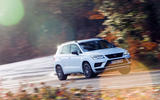
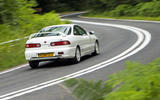

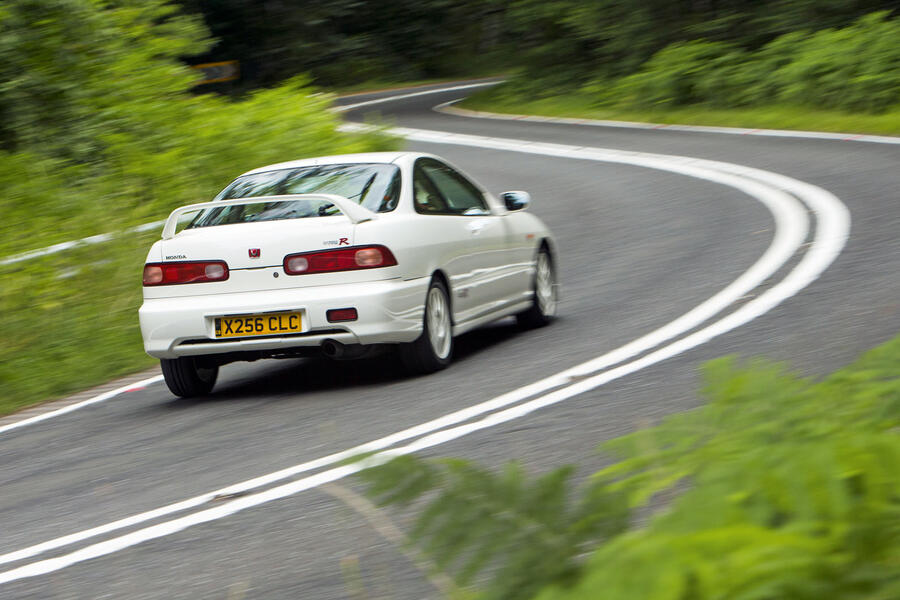




Join the debate
Add your comment
Absolutely, but press share culpability
I've lost count of the number of reviews I've read which talk about 'lack of precision' when presented with something with actual sidewalls on the tyre. My personal epiphany came during a year's ownership of an Abarth 500, a car that would have been immeasurably improved by 15' wheels but you cant even fit them due to the bloody brakes. That car might have been brilliant on track - never tried - but it was bloody awful on the road. You can't have 'handling precision' when a car is so stiff it tries to catapult you into the hedge every time it encounters a mid corner bump...
Another example... I ran a mid-80s Saab 900 alongside my moderns as an occasional daily driver. A revelation in terms of steering feel and ride next to the moderns, but no lack of handling precision or mechanical grip. The only thing that really dated it dynamically was the brakes - which really are much better on modern cars.
So yes please - more modern cars on sensible wheels. How about a Golf GTi on steels like how they used to come? ;-)
I forgot
That the vehicle you tested is from VAG, VAG vehicles generally have poor suspension and are not known for a particularly fine ride so I'm not if this isd a general problem or a long standing VAG issue.
Tyre profiles
Further to the comments in the article and above about the harshness of low-profile tyres, why doesn't Autocar carry out a simple test?
Take a Golf GTI with its standard wheels (18"?) and change them for, say, 16" with tyres of the same tread width and higher profile to keep the same rolling diameter.
Then report on the differences: handling; ride comfort; etc..
And a last test: weigh one of each wheel & tyre combination. My guess is that the smaller wheel with a higher-profile will be lighter....